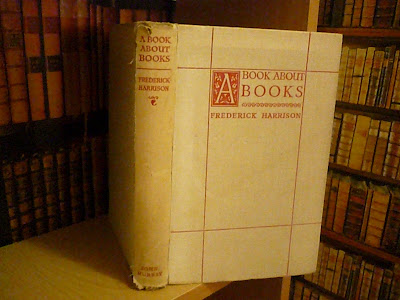(Perhaps shamelessly stolen from A GuysMoleskine Notebook, who maybe stole it from Fat Books, Thin Women.)
Chapter One – The Best Book You Read Last Year
This seems to be an incredibly suitable starting place, what with it being barely ten days into 2012 and all.
I started just after Christmas to record books read in my Moleskine Book Journal, and I have a feeling that it’s going to help me a lot with remembering all the books I read. Thanks to it’s always useful ‘comments’ and ‘rating’ spaces to fill out, I am hoping these blog posts will be interesting and will help me to really think about books in a critical way, perhaps helping me with my own writing.
Out of the fifty-three books (I’m not sure if this is entirely accurate, but numbers scare me) I read in 2011, three books got a pitiful two and a half stars. Ten books got three stars, and six were almost good with three and a half. Eleven books were brilliant (four stars), and twelve books at four and a half stars were almost perfect. Ten books out of fifty-three have five little stars filled in on their pages:
Frederick Harrison - A Book about Books
C.S. Forester - Hornblower and the Hotspur
C.S. Forester - The Happy Return
Vladimir Nabokov - Lolita
Ian Fleming - Live and Let Die
Greg Keyes - Lord of Souls
Winifred Watson - Miss Pettigrew Lives for a Day
Katherine Howe - The Physick Book of Deliverance Dane
Naomi Novik - Temeraire
Naomi Novik - Temeraire – Throne of Jade
As is clear from the list, I thoroughly enjoy historical and fantasy novels. Sometimes, even both at the same time (Temeraire). I even had an ultimate geek out when I read Lord of Souls, a novel tied into my favourite gaming universe. Watson and Fleming appeal to the side of me that wants to live in an age of jazzy femme fatales and dangerous, dashing men in tuxes. Occasionally I wander off the track and read those novels that as an English student, or even, an English speaking person, you just have to read – Lolita was stunning. I can remember reading it in my bunk on the boat at Easter.
Most of these books are your typical genre fiction, things I can get easily sucked into and enjoy every minute of. Lolita was different because of the disturbing elements, but I found that I respected Nabokov’s fine writing all the more because of this.
In a similar way, Miss Pettigrew Lives for a Day was unlike anything I had read before. It is written in the perfectly delightful style of a lady's war time book.
‘Ugh!’ thought Miss Pettigrew, disappointed. ‘Why men waste
money getting drunk on that when they can get a really cheap
palatable drink like lemon squash...’
Watson, Winifred, Miss Pettigrew Lives for a Day
I brought the best book I read last year at Bayntuns, second hand, with the War Economy Standard binding for £4. The smell of the second-hand book basement still clings onto it, mixed in with the potentiality of the binding of new books. It was the first book I dared to buy at this imposing shop. I walked out of Bayntuns proudly with my purchase in a paper bag under my arm. It is non-fiction, and I very rarely read non-fiction. I really enjoyed it and found pleasure in the facts and the prose made the finishing of the book all the more sweet. I feel that I got the most out of this book than any other on the list, as it has inspired my projects at university this year and formed the basis of my research into books, and ultimately my passion for them. This is perhaps why A Book About Books by Frederick Harrison was the best book I read last year, although Miss Pettigrew comes a close second.
